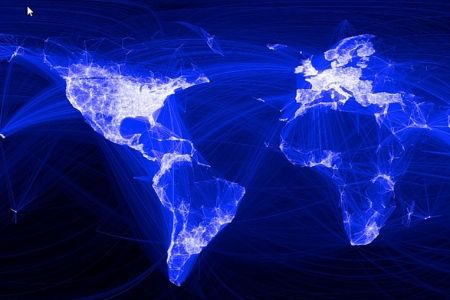The Group of Seven (G7) highlighted their interest in the approval of the agreements on e-commerce and on fisheries in the WTO.
In a statement, the G7 stated that it supports multilateral and plurilateral agendas to address the issues of the world trading system itself and shared global challenges.
Since 1973 in force, the G7 is made up of Germany, Canada, United States, France, Italy, Japan and United Kingdom.
In addition, the European Union has political representation.
“Looking ahead to the XII WTO Ministerial Conference (MC12) to be held in November, we will work with other WTO members to advance immediate issues, including the meaningful conclusion of the multilateral negotiation on fisheries subsidies and the advancement of negotiations on e-commerce, ”said the G7.
E-commerce
He also indicated that he would welcome the work done by WTO participants to conclude the negotiations under the Joint Declaration Initiative on Domestic Regulation of Services.
On e-commerce, WTO members extended the moratorium on customs duties on electronic transmissions until the Ministerial Summit, but it is unclear whether the extension will continue thereafter, given opposition from some developing countries. .
Separately, the United States and more than 80 members are negotiating a plurilateral initiative on electronic commerce.
In addition, the G7 reported that it supports the conclusions of the G7 Trade Ministers on promoting the transition to sustainable supply chains, recognizes the risk of carbon leakage and will work collaboratively to address this risk and align its business practices with its commitments under the Paris Agreement.
He also welcomed the call from the G7 Trade Ministers to work at the WTO to formulate pragmatic, effective and holistic solutions to support health trade, as well as their support for open, diversified, safe and resilient supply chains. in the manufacture of critical products, vaccines and their components related to Covid-19.
At another point, the G7 raised concerns about the use of all forms of forced labor in global supply chains, including state-sponsored forced labor of vulnerable groups and minorities, including the agriculture, solar and garment sectors.
![]()

